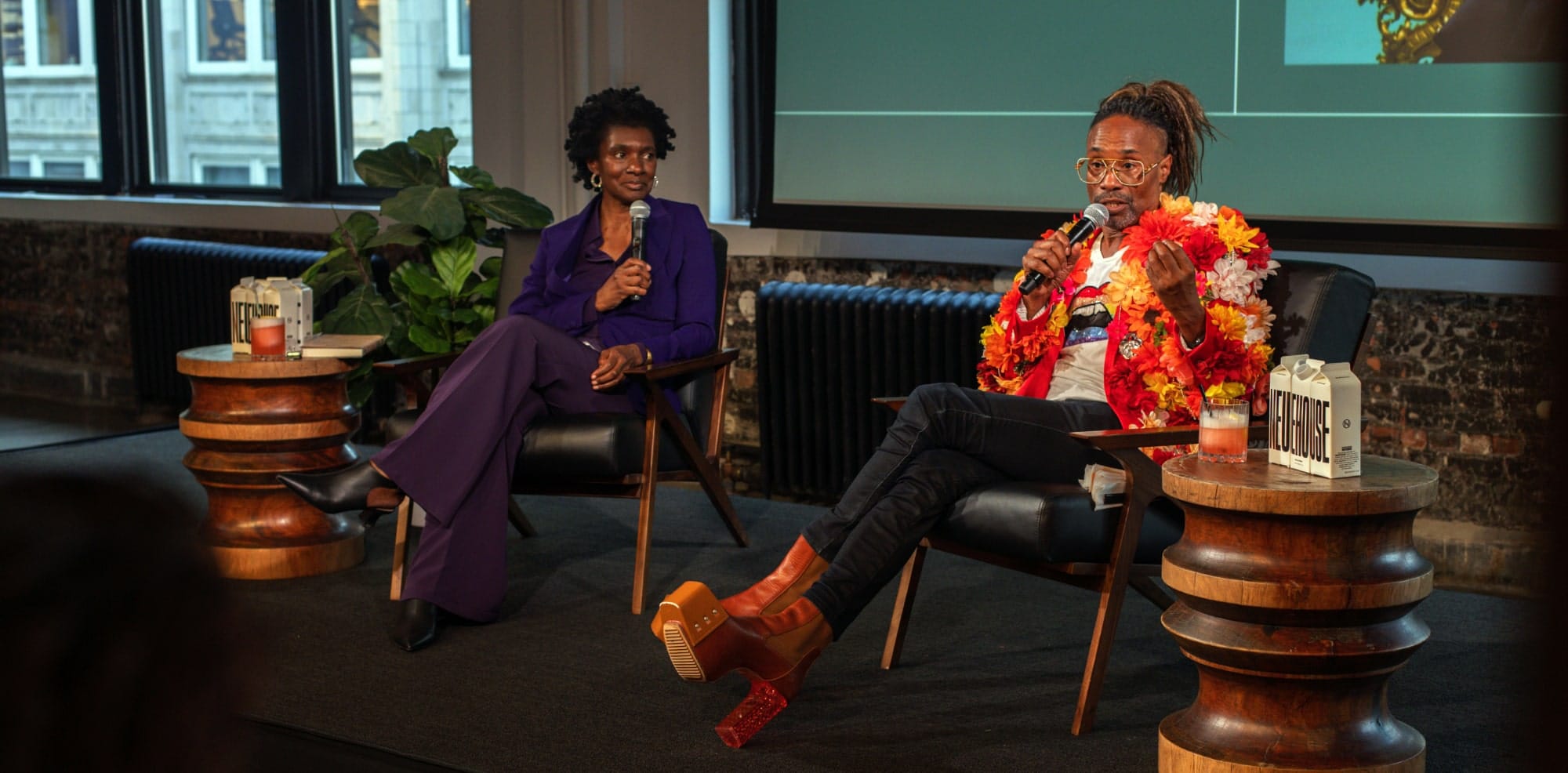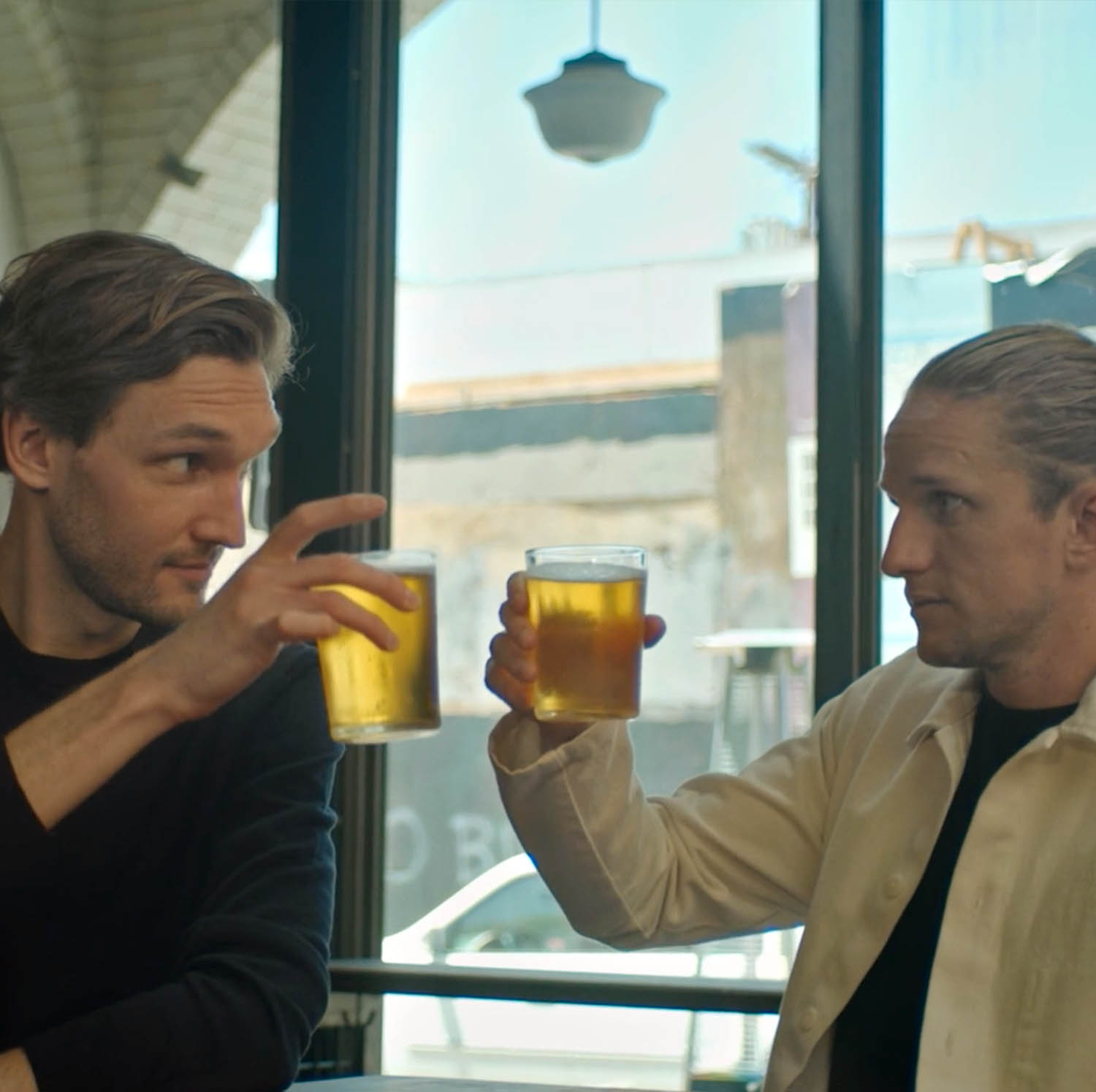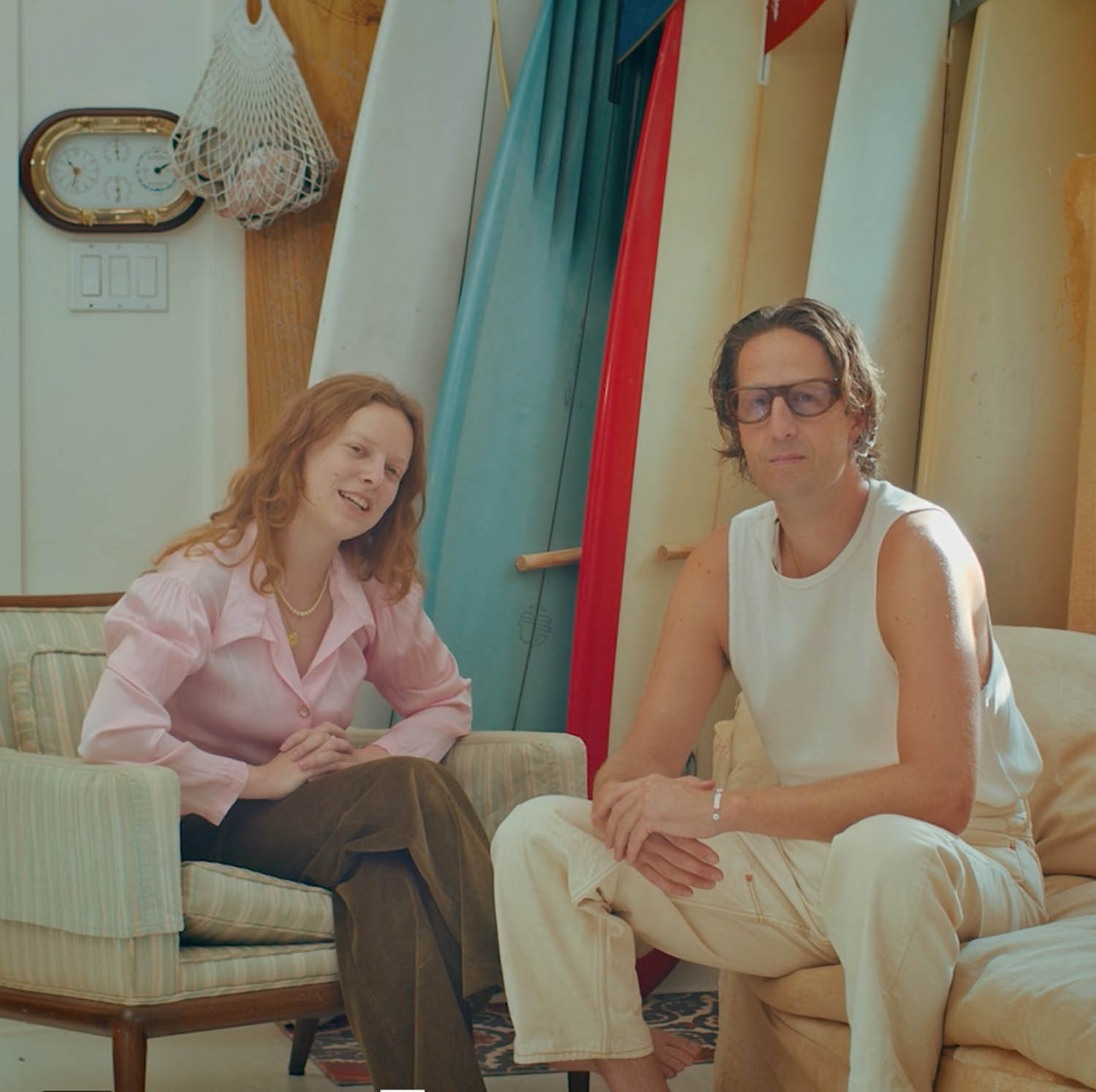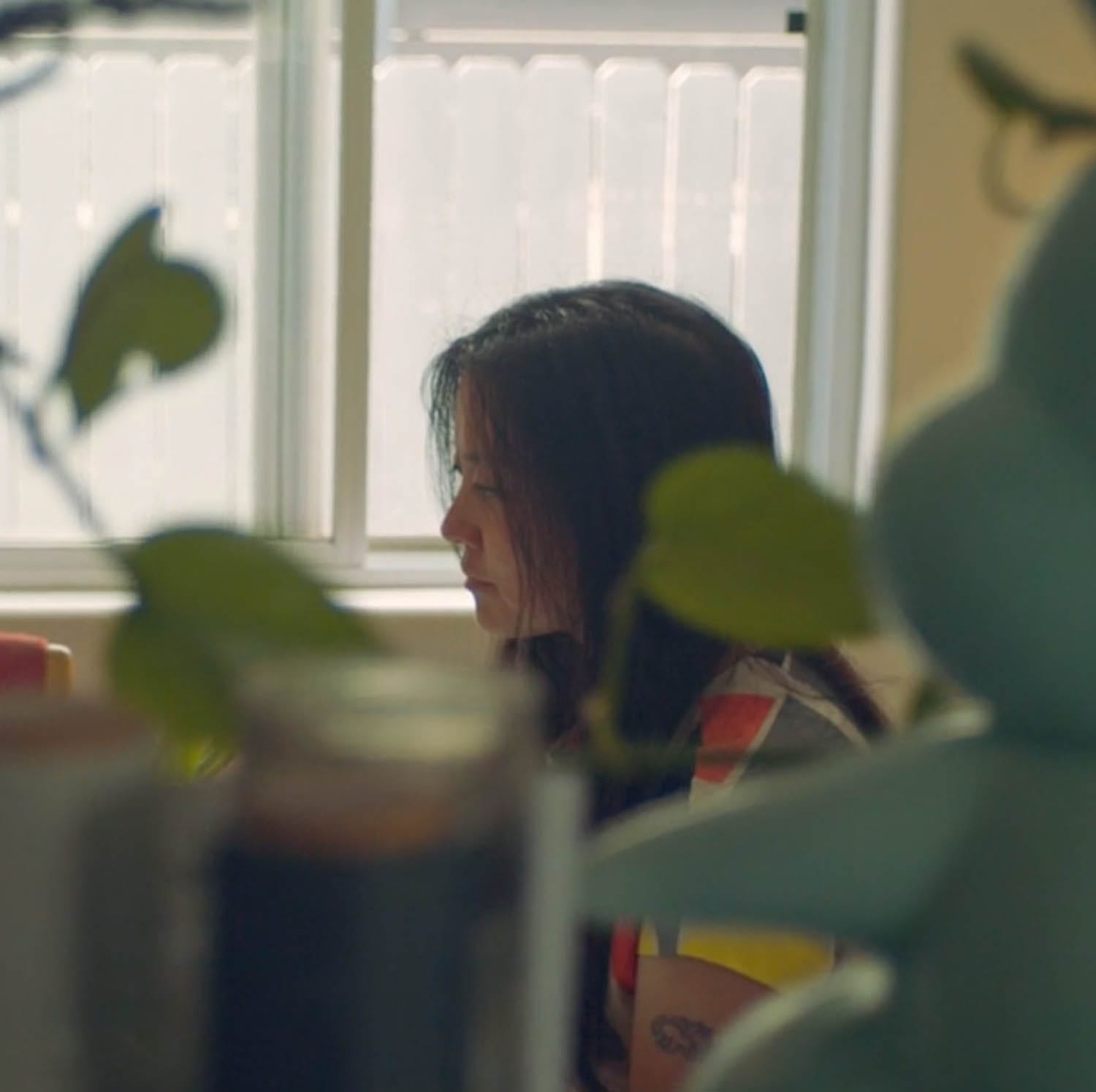Billy Porter is an icon. Multifaceted, hyper-prolific, wholly singular, his oeuvre spans theater, music, directing, producing, and of course, fashion. On the eve of Juneteenth, ahead of his forthcoming EP, Black Mona Lisa, Vol. II, he joined us in the penthouse at NeueHouse Madison Square for a conversation with award-winning journalist Constance C.R. White.
The full conversation has been transcribed and edited for length below.
CONSTANCE C.R. WHITE:
Billy Porter is an actor, singer, director, composer, playwright from Pittsburgh, Pennsylvania, producer, producer. An okay dresser. You are no ordinary talent. Who are your heroes?
BILLY PORTER:
My mother, Clarinda Jean Johnson Porter Ford. She believed fully in unconditional love no matter what. She’s the woman that got up every day and showed up for her own life when everybody told her she probably wouldn’t have one. I wouldn’t be here if it wasn’t for her. She was a Christian woman and that dogma was the only thing she knew. And when I came out to her, I had to come out to her three times. She didn’t understand it. It’s not her world. But I was her son. She chose love. She chose unconditional love.
CONSTANCE C.R. WHITE:
Music in your childhood was a huge influence, and your mother obviously facilitated that in the church. Tell us a bit about your roots in gospel.
BILLY PORTER:
So I started singing when I was five. It was a gift. They called me “little preacher man.” I wanted to be somebody; I wanted to do something. I preached my first and last sermon on the same day. I was 10 or 11 and then I left the stage and I went to my mom and I was like, “nope, you know, this isn’t it.” And she said, “why son?” And I said many are called, but few are chosen. I’m not chosen for this. And then a little while later I was in the sixth grade and I signed up for musical theater. Didn’t even know what it was; didn’t know what theater was, didn’t know what musical theater was. For my birthday, my grandmother and my great aunt, not knowing what they were doing, took me to some Black show. It was called the Wiz. And it was like, wait. I think this is that thing that lady was talking about. I think this might be theater. And then I sat there and I listened to Lillias White. She sang Home and I literally couldn’t move from my seat. It changed my life forever.
CONSTANCE C.R. WHITE:
Your voice took you into so many places, and by the time you did [Kinky Boots on Broadway] you had already gotten a record deal. Tell us a little bit about that part.
BILLY PORTER
My voice was my savior. My voice was my weapon through my traumatized childhood. I wanted to be the male Whitney Houston. Theater was a way to get there. The angels in my life saw that I had a talent. It was at a time when the government still cared about its people. So those after school programs were free, those music programs on Saturday were free. The voice gave me the courage to expand into all those other spaces, whether it’s acting, dance, directing, producing, writing. It was my voice and understanding how powerful the gift was that allowed me to have the courage to try all these other things.
CONSTANCE C.R. WHITE:
We look at you and you can make us laugh, you can make a smile, and you make it look easy. But a very important takeaway is that you are prepared. You are a consummate professional. You didn’t just arrive here. I’d love for you to talk about that.
BILLY PORTER:
None of this is a mistake. I came from a family that believed in education. You don’t have to be trained to be in show business. You don’t have to be trained to be an artist. There is that version of the story, yes. Sometimes you can win a singing contest. I did. I won the first American Idol, called Star Search. And I wanted to do was get out. I was at the Creative Performing Arts High School. My mentor and my acting teacher got wind that I was planning on graduating and moving to New York to be a star. And one day I showed up to school and was pulled into the office and they both were like, we hear this is what you’re planning on doing. And I was like yeah, and they were like, nope! My family believed in education. It’s the education that’s going to get you out. [My teachers] essentially said, “you sing like a dream, your dancing is exquisite, and every time you open up your mouth to speak, it’s a disaster.
CONSTANCE C.R. WHITE:
What did they mean by that?
BILLY PORTER:
I was a disaster on stage. I didn’t know how to act. They were like, you can’t act at all. You’re trying, and you’re learning, but you can’t go there yet. You’re not ready. If you go to that school down the street called Carnegie Mellon University, you will learn how to act and you will never be out of work. That’s what I did. That’s the reason I’m ready. There’s nothing anybody can throw at me that I don’t already know how to do. And if I don’t know how to do it, I have the skillset to learn how to do it on my own. When the work dried up in the late nineties, early 2000’s, I went to UCLA for the screenwriting program. Somebody told me I should write. I was like, okay, well, I need to know how to do it. I have good instincts. Let me figure out what that means. I want to know the rules so that I can consciously break them. I want to know what’s technically supposed to be right, so that I know that I’m technically doing it wrong, so I can talk about why I’m doing it wrong.
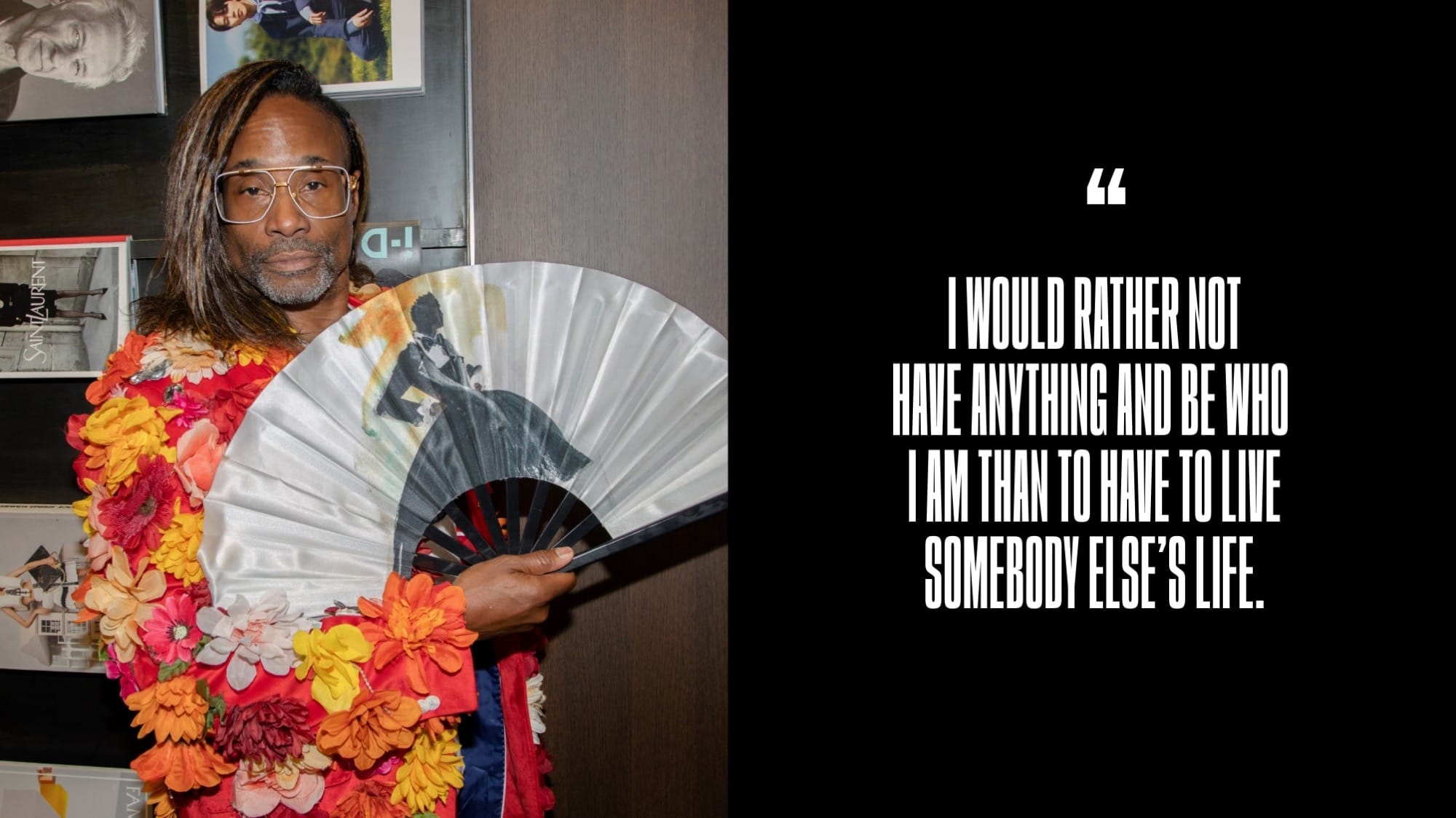
CONSTANCE C.R. WHITE:
One of the themes that I love in your memoir is freedom. You were determined to be who you are and to have people recognize who you are. Tell us a little bit about how you see freedom, personally and politically.
BILLY PORTER:
Well, first and foremost, I worked towards freedom. I didn’t start out knowing and understanding that I needed to be free. I tried to fit in for a very long time. I tried to make myself accessible for a very long time for, for example, with my first album it’s called Untitled. I was never in the closet, but it was the don’t ask, don’t tell, period. I was silent about it. And at the end of the day, chipping away at what I knew was my authenticity. I would give in here, I would give in there. I would give in here. I would give there ultimately to, by the time I got to the album and got to the, I was a shell of my former self. I had given everything away. And then when it didn’t work— and it didn’t work pretty immediately— I realized that I had failed as somebody else.
CONSTANCE C.R. WHITE:
How old were you when you came to that realization?
BILLY PORTER:
From 27 to 30 I had failed as somebody else. And I vowed I would never do that again no matter what. And I walked away from that deal and I started my new life. It doesn’t matter if you succeed in somebody else because then you have to be somebody else for the rest of your life. I would rather not have anything and be who I am than to have to live somebody else’s life.
What I’m doing right now, I never thought imaginable. And so as a gay man and as an informed adult, politically and beyond, I understood that living inside of my own truth and my authenticity and choosing myself is a revolutionary act in and of itself. Every single day that I show up. I’m a revolutionary. And it scares people, every day. So that’s where politics came in. That’s where my engagement came in. I came out in ‘85. I was 16 years old. We went straight to the front lines to fight for our lives during the AIDS crisis. I’m first generation post-sixties Civil Rights movement. The only thing I know how to do is fight, and I mean that in a good way.
CONSTANCE C.R. WHITE:
It’s all related, right? Freedom to be who you are. Freedom to love who you want to love. Freedom to vote. Speaking of now, you’re gonna be very active this season, political season and we love that and we appreciate you for that. Tell us a little bit about what that legacy means to you, inside of Pride Month as well
BILLY PORTER:
What I’m reminded of on this day are all of our ancestors that came before us. Slavery is a real thing, and no matter what the powers that be are trying to intentionally erase, it will never go away. They’re talking about that out loud, but they’ve never taught the whole truth. I’m here because those people laid down their lives for us. We stand here with all these rights and all these freedoms that are being rolled back and will continue to if we don’t show up.

CONSTANCE C.R. WHITE:
You’re doing your part, you’re going on a tour.
BILLY PORTER:
Yes, I’m an artist, so the way I do it is through my art. Black Mona Lisa is out, it’s my new album. It’s all connected to me and my life. It’s very personal. I’m just trying to go out and reach the people, because my music is about community. My music is about hope. My music is about love. My music is about compassion, forward motion. This is how I engage. My art is how I talk to the masses. The art is how I actually try to lead in the conversation. Up until now I have felt very much a part of the community. Broadway Cares, Equity Fights Aids, Actors Fund taught an entire generation of theater artists how to activate. I have been a follower. And now it’s time for me to lead.
CONSTANCE C.R. WHITE:
And for you to do it through your art is wonderful. And fashion speaks too, right? Can you tell us a little bit about your journey there?
BILLY PORTER:
Well, I grew up in the Black church. The Black church was a space where many who had to wear uniforms to work, as domestics for women for their white families, or for the men going to the factory or whatever, Sunday was a time when you got to be yourself in your clothing. My grandmother was a seamstress. This is back when Vogue would put out the patterns for the Chanel outfits. When I look back at the history particularly of the women in my family, they all looked like they were wearing Chanel. I came from the church. I wore suits all the time. I couldn’t afford private school and I wasn’t smart enough to get the scholarship, so I turned my public school into my private school and I wore a blazer, a collared shirt, and a tie to school every day. And penny loafers. I always had that, and I would always make choices that would make people uncomfortable, including my mother. What are you wearing? I mean, people had no problem telling me how ridiculous I looked. It happened to me for years and years and decades and decades. And what I say to those people is, who the f*ck is ridiculous now. [Laughs]. I wasn’t doing it for you. I wasn’t doing it for anybody else’s validation. I was always wearing what the **** I wanted to wear. I never had any fear about it though. The one thing that people say all the time is, “oh, I could never pull that off.” All you have to do is put it on and believe it. If you wanna wear it, get it, put it on, believe it and go! Fashion is a political act. I wanna show up as a political piece of walking art.
CONSTANCE C.R. WHITE:
Last question. What are you most thankful for in your life? And what would you like your legacy to be?
BILLY PORTER:
In this moment, I’m the most grateful for grace. In this moment that is what I’m most grateful for, because it has been grace that has brought me through all of it and continues to bring me through. I want my legacy in this moment to be about how I cared about and fought for humanity. I do it through my art. That’s what I want the most.
CONSTANCE C.R. WHITE:
Billy you are doing it. We thank you for doing it with us here this evening.
—
June 18, 2024
NeueHouse Madison Square.
SALON by NeueHouse
Join the NeueHouse Creative Community.
